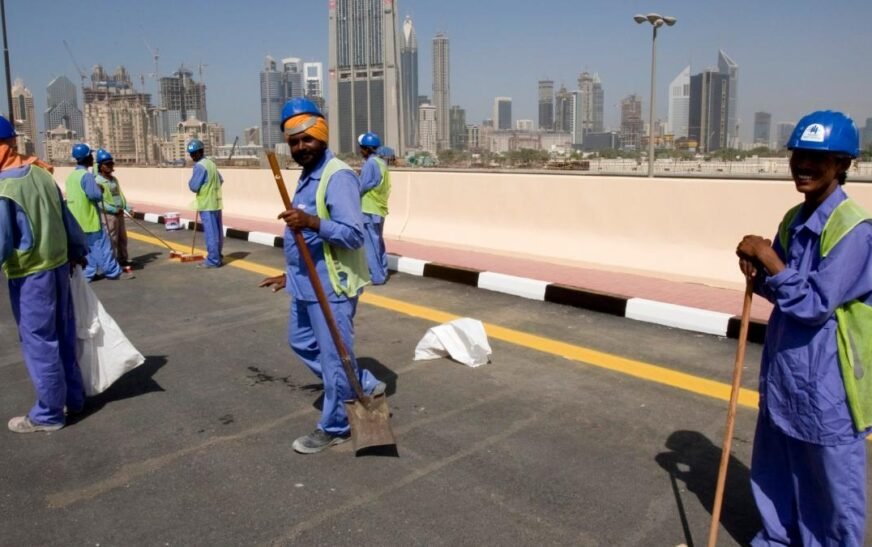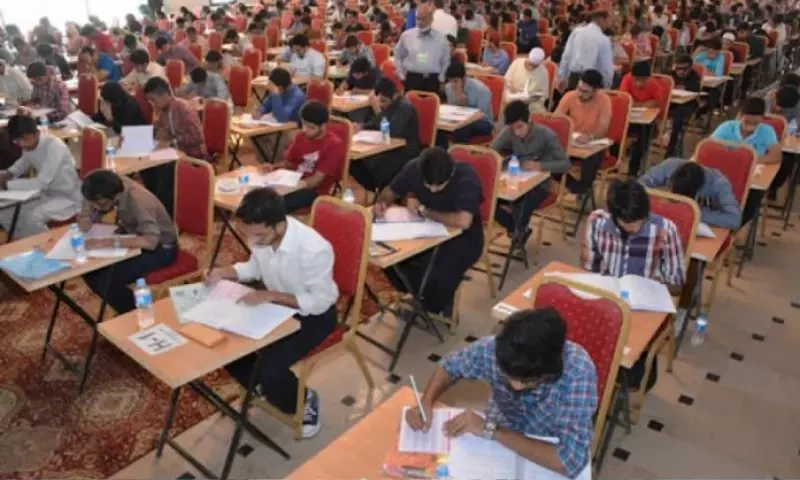RIYADH: Saudi Arabia has banned employers from charging fees to their domestic workers, including fees related to recruitment and work permits.
According to the Saudi Gazette, this new regulation imposes maximum penalties of a fine of up to 20,000 riyals (SR) and a three-year ban on hiring.
The Saudi Gazette stated on Wednesday that employers are banned from “charging any fees from their domestic workers,” including those associated with recruitment, changes of professions, transfer of services, residency permits (iqama), and work permits.
Employers are banned from charging any fees from their domestic workers, including the fees for recruitment, work permit, transfer of service and change of profession https://t.co/FsR39iA1Ks
— Saudi Gazette (@Saudi_Gazette) October 21, 2025
The Saudi Gazette says the provisions are part of the “Guide to the Rights and Obligations of Domestic Workers,” issued by the Saudi Ministry of Human Resources. The new regulations include a comprehensive set of rights aimed at ensuring that domestic workers enjoy a dignified life and a stable and comfortable working environment.
According to a guide available on the Ministry of Human Resources’ website, the professions permitted within the domestic worker sector include: domestic worker, private driver, educator, home nurse, home cook, planner, traveller, life manager, guard, farmer, coffee maker, personal assistant, and physical therapy specialist. The guidelines also allow for the inclusion of any other profession that falls under household tasks.
The guide defines a domestic worker as any individual who performs domestic work, either directly or indirectly, for their employer and includes any staff under their supervision who also performs domestic work or someone who takes their place.
To discourage violations, the regulations set a financial penalty that may reach up to SR20,000, along with the possibility of being banned from recruiting for up to three years. In some cases, this ban may be extended to become permanent, and penalties may be doubled for repeated violations, the report added.















